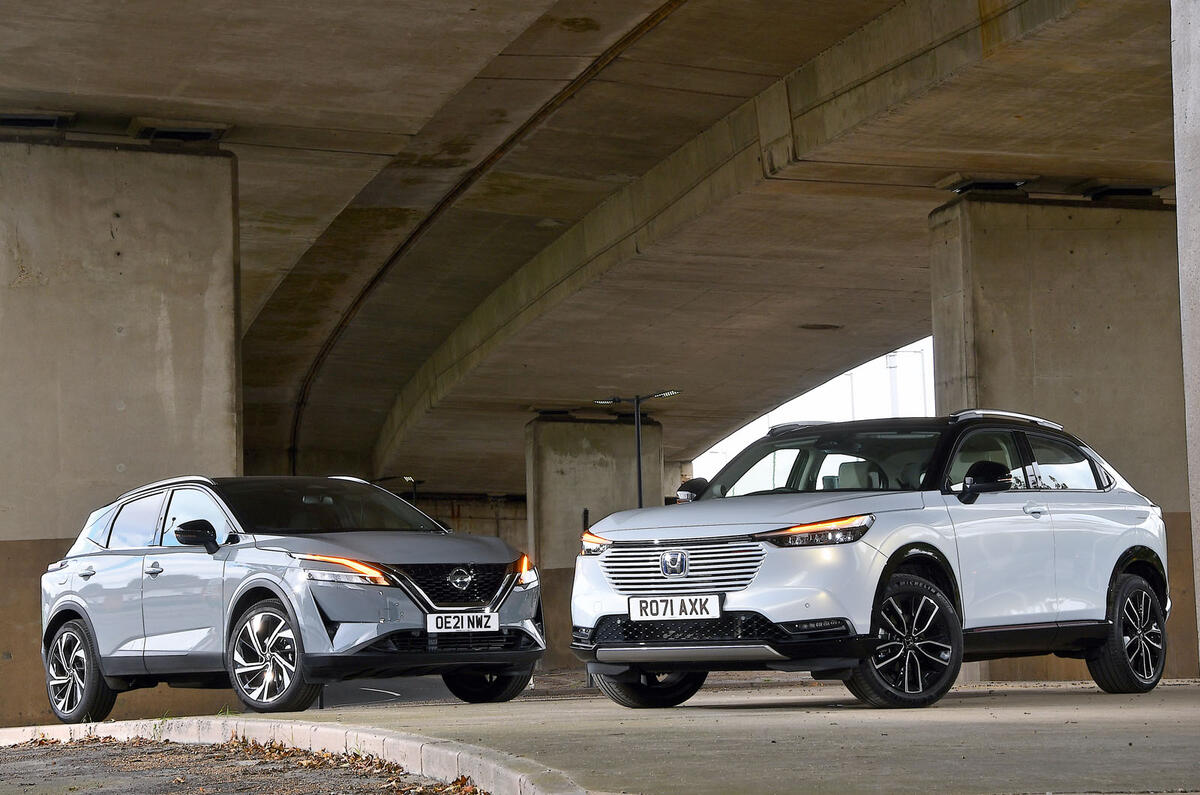Japanese giants Honda and Nissan have confirmed that they will begin talks to merge their companies into a new automotive powerhouse – that could also include Mitsubishi.
Honda and Nissan have signed a Memorandum of Understanding (MoU) to hold discussions over a ‘business integration’ of the two companies in a new joint holding company. They have also signed a separate MoU with Mitsubishi for that firm to explore that firm becoming part of the holding company. The plans were first reported by Nikkei last week.
Talks will begin shortly, with the goal to reach a definitive agreement by June 2025, with the merger then going through in August 2026. If it happens the two brands would remain distinct, but behind the scenes they would standardise platforms and powertrains, share R&D and collaborate on manufacturing.
Nissan and Honda are Japan’s second- and third-largest car manufacturers, and combined to sell nearly 7.5 million cars worldwide last year.
In March this year the two firms announced plans to form a strategic partnership to develop electric vehicles, and in August that agreement was expanding to become far more wide-ranging, including research into software-defined vehicles.
The two firms have said the new agreement is intended to “maintain global competitiveness” and “deliver more attractive products”.
Nissan CEO Makoto Uchida said the MoU agreement “marks a pivotal moment as we begin discussions on business integration that has the potential to shape our future.”
He added: “By uniting the strengths of both companies, we can deliver unparalleled value to customers worldwide who appreciate our respective brands. Together, we can create a unique way for them to enjoy cars that neither company could achieve alone.”
Analysis: Nissan-Honda merger would create new automotive powerhouse
Honda CEO Toshihiro Mite added that “bringing together the resources including knowledge, talents and technologies that Honda and Nissan have been developing over the long years is essential to overcome challenging environmental shifts that the auto industry is facing.”
Mibe said that the two firms have “distinctive strengths”, and that by merging they can become “the one and only leading company that creates new mobility value through chemical reaction that can only be driven through synthesis of the two teams.”









Join the debate
Add your comment
If they're renamed to Honsan people might start buying their cars again thinking they're Chinesse.
Surely this is just the early stages of the way the whole car manufacturing business will have to go in time. Ok, there's all the battling over hybrid and electric or hydrogen fuel sources at the moment, but the whole industry seems to be looking ultimately towards autonomous vehicles (or software defined vehicles as defined in the article). When that happens, we won't need all these different brands and companies, as with buses and planes no-one will give a t*ss who makes the vehicle you get about in. This is clearly why the manufacturers are so protective over their increased profit margins in recent years, they're making hay while the sun shines, and they know its not going to shine forever.